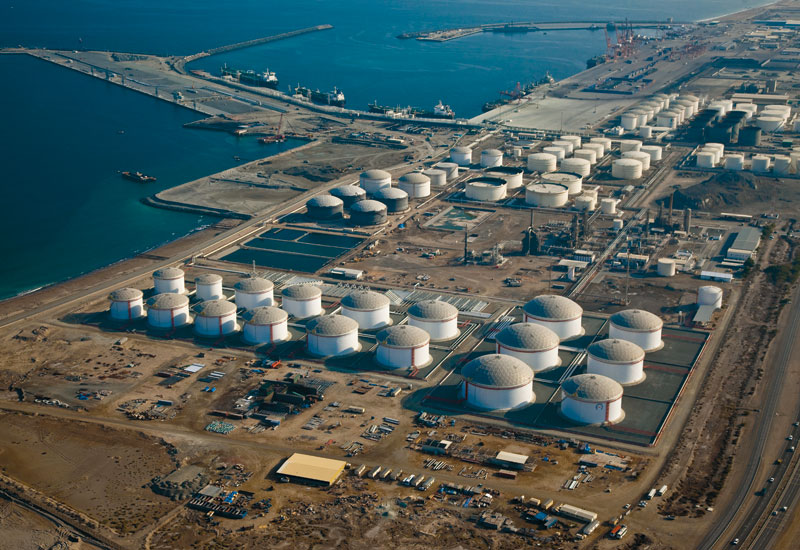The DNV Fuel Quality Testing (FQT) programme is today the biggest service of its kind in the shipping industry, with a cumulative volume of over 1.4 million tested fuel samples.
Nonetheless, DNVPS managing director Tore Morten Wetterhus says the company’s first fuel sample – tested and reported on Jan 16, 1981 – holds special meaning.
“Of all the fuel samples we’ve analysed, the first one speaks best about the successful partnership between DNV and industry researchers in developing a reliable way to ascertain bunker quality. That’s how DNV Petroleum Services came into being, and which is why on Jan 16 this year, we made it a point to celebrate the 30th anniversary of our inaugural sample,” Mr Wetterhus said.
Prior to that, ship operators were unable to comprehensively predetermine the quality of bunkers to be consumed by their vessels. This became a serious constraint during the Oil Crisis in the 1970s when the increased application of ‘deep conversion’, high-yield refining techniques caused residual fuel quality to deteriorate considerably.
In turn, the shipping community saw a drastic increase in damages to fuel pumps, piston rings, cylinder liners and other costly engine parts on board their vessels.
A significant breakthrough
The DNV FQT programme was therefore a significant breakthrough as ship operators enrolled in the programme could then detect poor quality bunkers delivered to their vessels and take appropriate actions, Mr Wetterhus said.
DNVPS went on to develop and disclose its proprietary test method for determining fuel metals content, including the highly abrasive Aluminium and Silicon compounds commonly found in heavy residual fuel. This test method became the basis for the IP377 procedure adopted by both ASTM and ISO.
As a marine fuel management pioneer, DNVPS’ corporate history reflects the changing fuel priorities and requirements of ship operators, of which bunker regulations have emerged as a key driver in recent years.
“Regulations such as IMO Marpol Annex VI, SOLAS and the EU Directive 2005/33/EC are making a huge impact in the value chain – from fuel production to bunkering to ship operation. DNVPS helps ship operators manage the resulting challenges with our expert advice, training initiatives, and direct intervention through our participation in industry working committees,” Mr Wetterhus said.
Fuel quality testing is a risk management fundamental
Notwithstanding the increasing variety and sophistication of today’s fuel management solutions, he said operators should still observe the basic precept of testing bunker quality delivered to their vessels.
“Fuel quality testing is a risk management fundamental, alerting the ship operator to potential engine damages that can be caused by consuming bad fuel delivered to the vessel,” Mr Wetterhus explained.
He said the test data is also useful for various aspects of fuel performance benchmarking and improvement.
Thirty years from now, Mr Wetterhus believes his company will still be supporting ship operators with industry-leading fuel management services.
“That’s our raison d’être,” Mr Wetterhus said. “DNVPS grew out of a research collaboration with the industry to solve a longstanding problem, and over the years, we’ve constantly expanded our knowledge and partnership bases.”
“I am confident this will allow us to progress continually and be a part of the exciting developments ahead,” Mr Wetterhus added.


